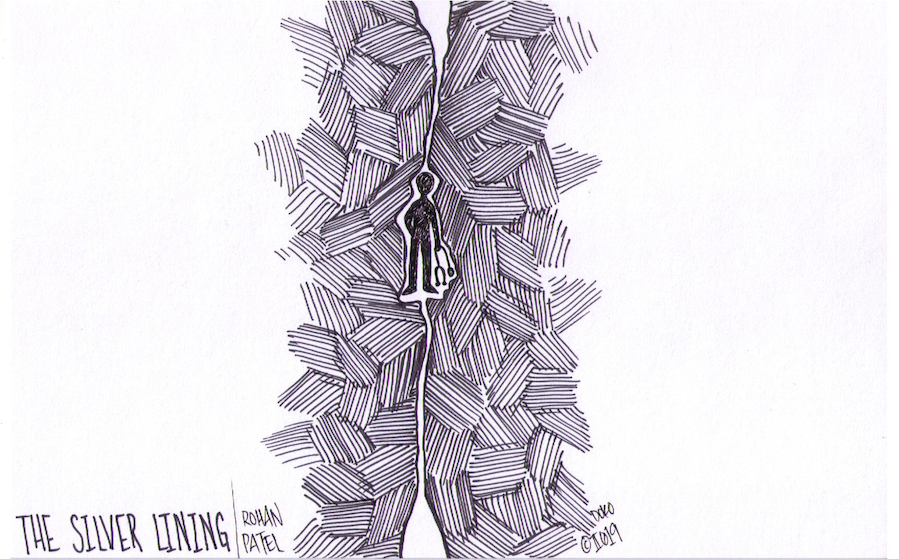Structural Violence and Noncompliance: A 49-Year-Old Hispanic Woman with Metabolic Syndrome
Mrs. H’s story is just one of millions of Americans who have become victims of structural violence and suffered from the social determinants of health. With a clearer understanding of the complex factors that contribute to patients’ health outcomes, I now aim to reunite the erroneously separated domains of medicine and social sciences.














